Nanobiomedicine Division at SINANO has a multi-disciplinary research team with backgrounds in chemistry, biology, medicine, materials science and engineering. The research goal of Nanobiomedicine Division is to solve the scientific problems in biology, medicine and regenerative medicine by employing nanotechnologies. The current research focuses on in vitro diagnosis and detection, in vivo imaging, nanomedicine and nano-delivery carriers, and biomaterials and stem cells. The long-term goal is to establish the Division as a center of excellence in the development of innovative nanobiomedicine.
The Division consists of 10 research teams, with over 100 staffs and graduate students.
In vitro Diagnosis and Detection
The aim of in vitro diagnosis and detection (liquid biopsy) is to achieve high sensitivity, high selectivity, high throughput and low cost detection of disease in early-stage by taking advantage of the remarkable properties of nanotechnologies, including microfluidics, biochips, nanoprobes, nano-interfaces, etc.
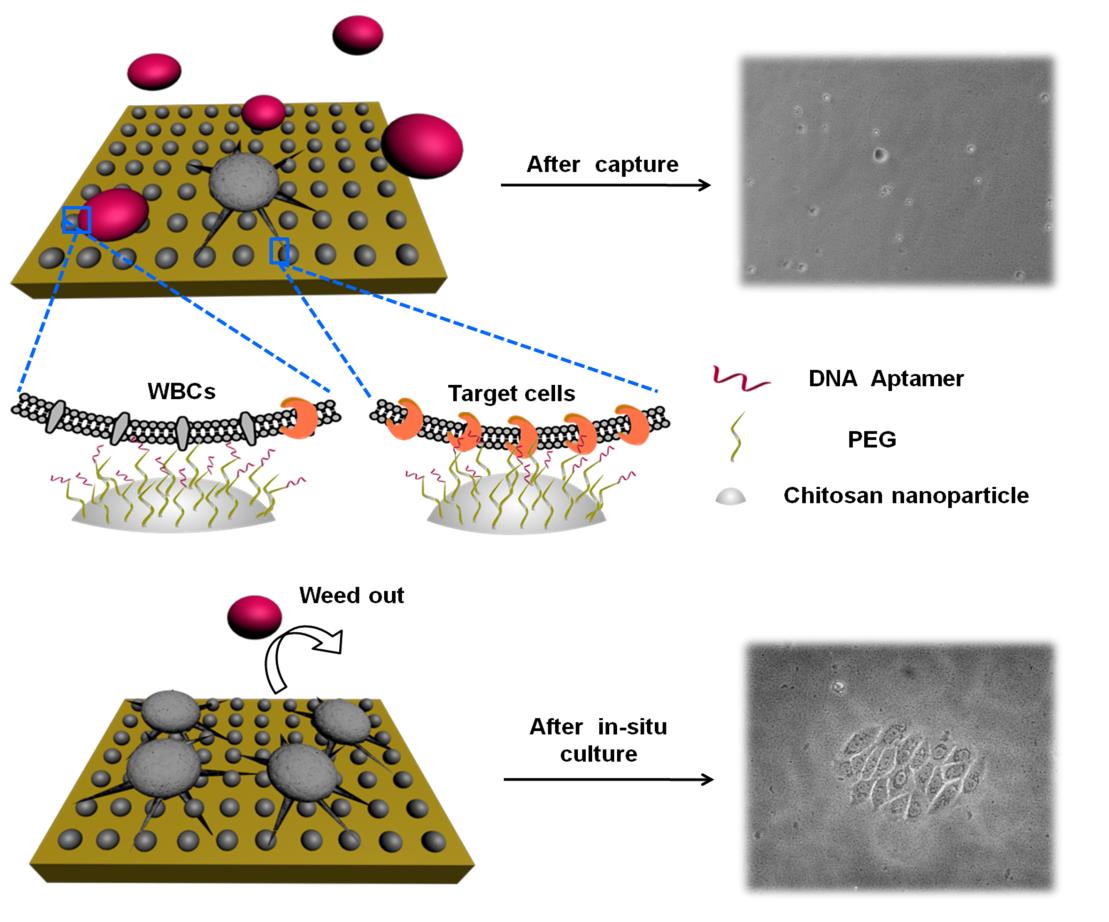
Biomaterials and Stem Cell
The research of biomaterials and stem cell aims at the understanding how the biomaterials and the microenvironments affect the proliferation and differentiations of stem cells, and further the applications of biomaterials and stem cells in regenerative medicine.
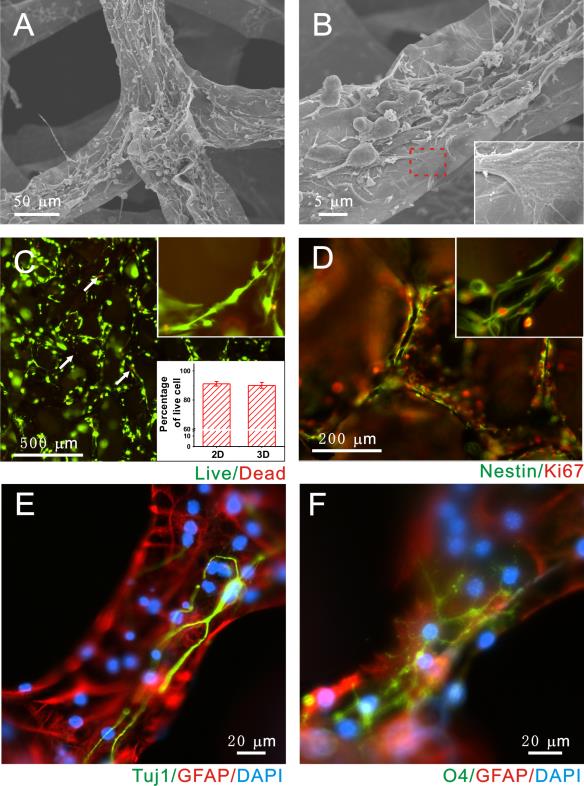
Fig. 2. NSC adhesion, proliferation and differentiation on a 3D-graphene scaffold.(Image by SINANO)
Nano-imaging technology
Two kinds of imaging modes are studied for in vivo imaging, near-infrared (NIR) fluorescence imaging and magnetic resonance imaging (MRI), which aim at high sensitivity, high spatial resolution and high temporal resolution.
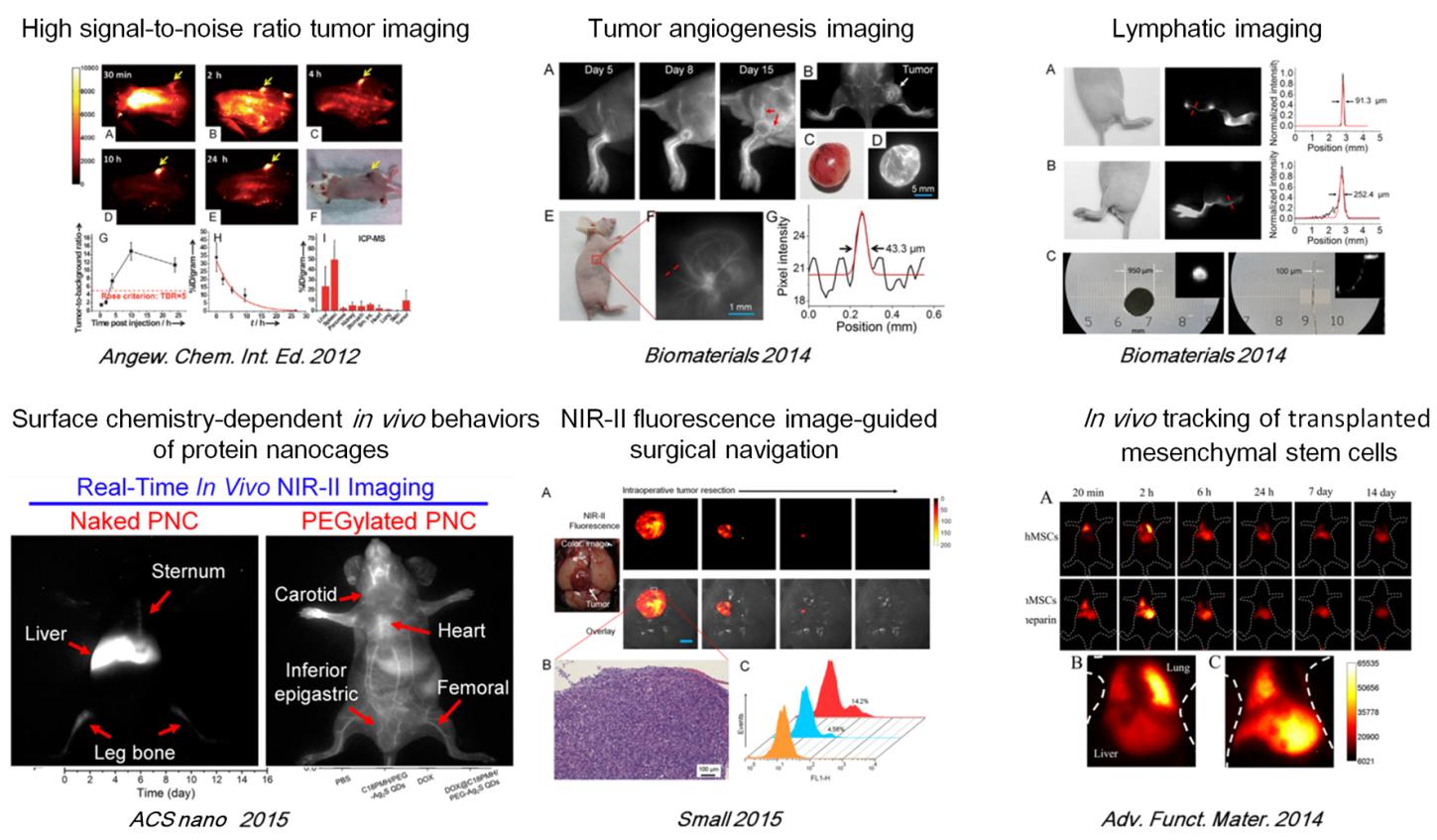
Fig.3. Nano-based in vivo imaging technology for tumor detection, vascular imaging, drug screening, image-guided surgery and cell tracking. (Image by SINANO)
Nanomedicine
Nanomedicine research at SINANO includes: (1) Screening of tumor-targeting peptides via bacterial surface display technology; (2) Development of safe, smart and efficient nanoscale drug delivery systems and nanotheranostics; (3) biological effects and safety of nanomaterials.
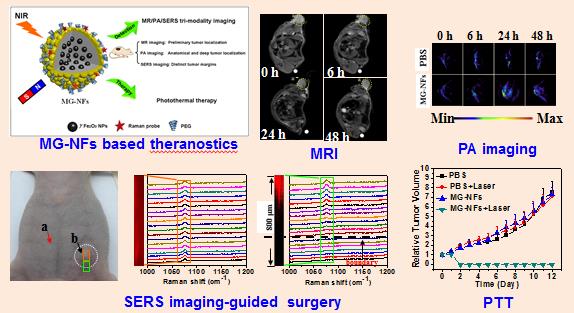
Fig.4. Development of γFe2O3@Au core/shell magnetic gold nanoflowers (MG-NFs) for MRI/PA/SERS multimodal imaging and therapy of tumor.(Image by SINANO)
Core Facilities
The core facilities of Nanobiomedicine Division include NMR, FCM, UPLC, GCMS, fluorescence microscope, gel imaging system, platereader etc.
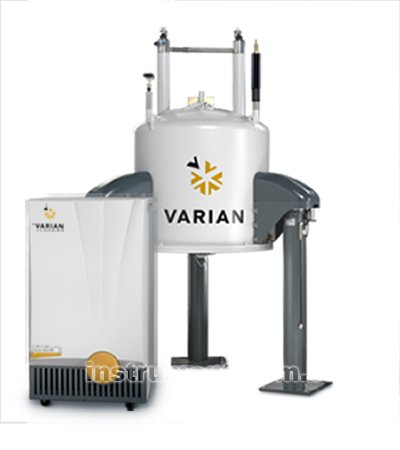
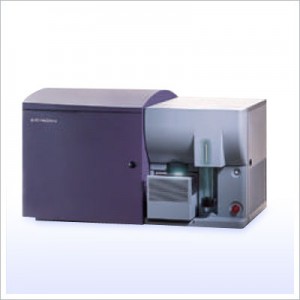
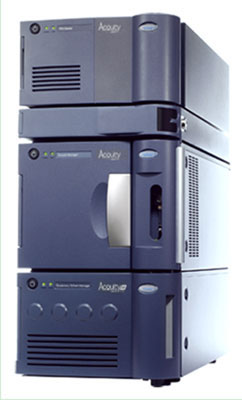
Varian NMR BD FCM Waters UPLC
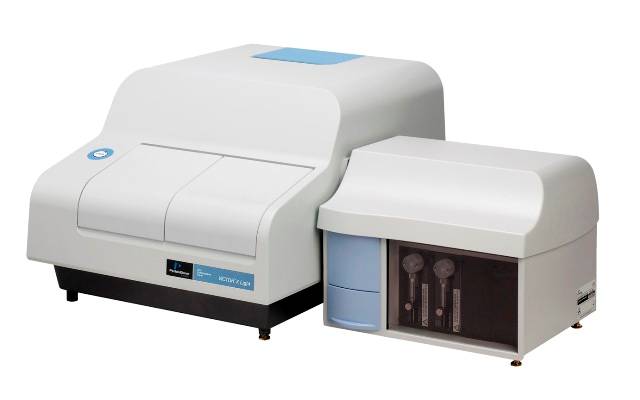
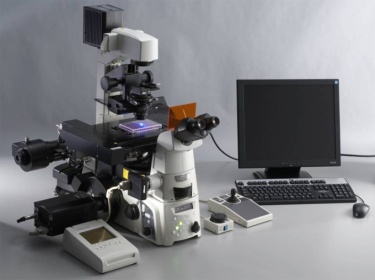

PerkinElmer Platereader Nikon Microscope Agilent GCMS
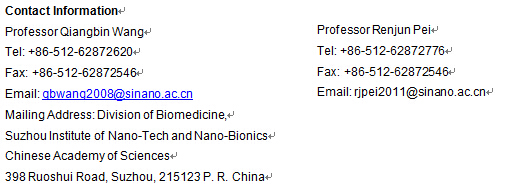
downloadFile
